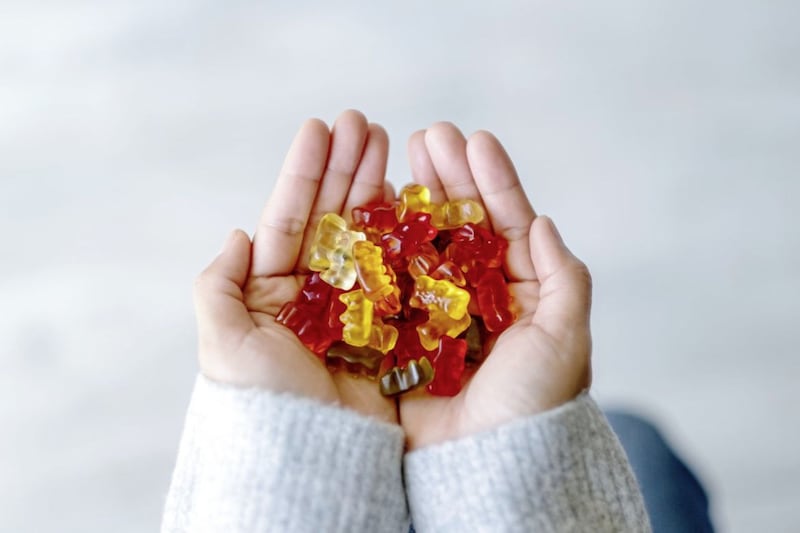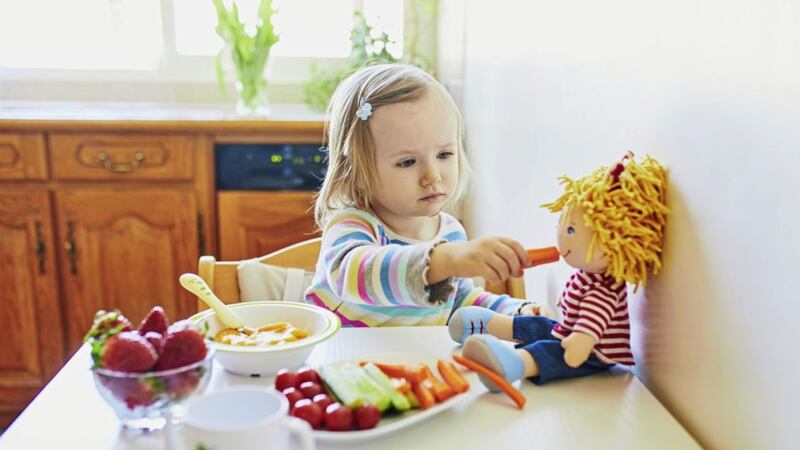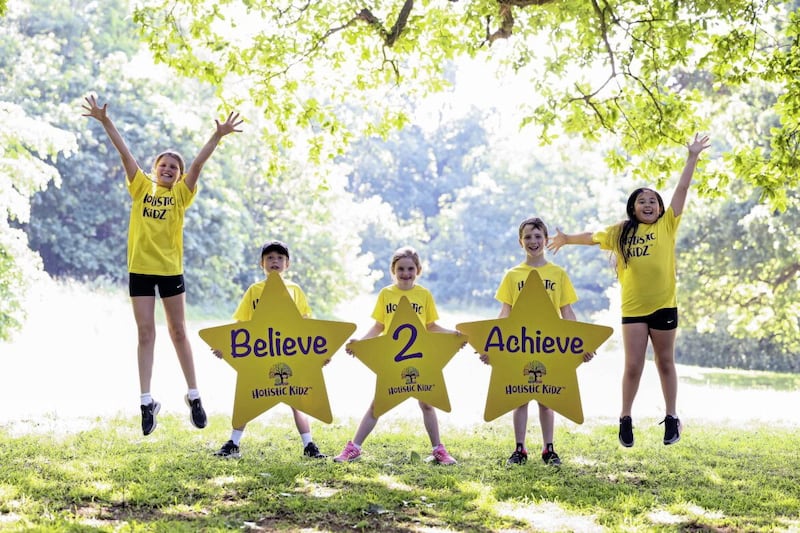HAVE your children been eating more treat foods during the pandemic? Well don't worry if they have - you're certainly not alone.
Almost half of Northern Ireland parents (47 per cent) admit their children are now eating more unhealthy treat foods such as chocolate, crisps, biscuits and sweets than before the start of the pandemic, according to research by safefood.
And more than half (53 per cent) say they are struggling to keep their children's treat food consumption to a minimum, with one in five (22 per cent) saying treat-eating is the behaviour they most want to improve upon.
The Start campaign, by safefood, the Department of Health and the Public Health Agency, is offering help to parents who want to reset the clock on treats.
Here are my seven tips to help encourage your family to give treats a break.
1. Start by identifying the problem
It is vital to identify when and why the treats come out of the cupboard. We are all guilty of using sweet or salty treats to motivate our little ones to behave or when we want some peace and quiet.
However, when we use treats to reward our children or to encourage them to stay quiet, we are falling into a default position where children will always expect treat foods and associate unhealthy food with good behaviour.
Remember, it is not about controlling everything your child eats or never allowing treats but more about being aware and guiding your child towards healthy snacks while acknowledging that your child can make their own choices at times too.
2. Make a plan
It is a good idea to come up with a plan, get your family to agree to it and then stick to it. The most important part of the plan is to have patience and trust the process.
There will always be little bumps along the road, and, as we all know, parenting isn't always plain sailing. If you do have a bad day, just park it, move on and remember the good ones.
3. Take small steps
It can be difficult to make changes, which is why it is important to take small steps. Don't attempt to completely eliminate all treats as that is unrealistic - it is about taking a break from treats, so offer treat foods less often.
This might mean only having treats at the weekend, aiming for a treat-free day or not having treats after school. You are more likely to succeed if you make it a gradual process with small changes.

4. Get creative with treats
Sometimes, we want to give our children treats and make them feel special. And it's important that we continue to do that. Try and break the habit of giving food treats all the time and think about healthier options.
Non-food treats might be a trip to the park, the playground, or the local football pitch for a kickabout. You could play an indoor game such as a treasure hunt or obstacle course. Sometimes showing affection or engaging with them can go a long way.
5. Avoid the treat aisle
Avoid the treat aisle in the supermarket when shopping - if they aren't at home, it reduces temptation. Plan your meals for the week ahead before leaving the house.
Make a shopping list and stick to it once in the store. Avoid the special offers on treats at the ends of aisles.
6. Say no and don't give in
Taking a break from treats can be hard and you may find yourself feeling horribly guilty, so you need to ask yourself why you are doing it - because it is in your child's best interest. But children can push back and that can be hard to deal with, especially if you are under pressure.
However, if you believe that this is a good idea for your child, then don't give in. Any kind of positive change will be difficult, but you can do it.
7. Celebrate success
When you achieve your one daily win, no matter how big or small, take a moment to appreciate what you have achieved. Reducing the amount of treats your children have is a real challenge and you deserve to be proud of your achievement.








